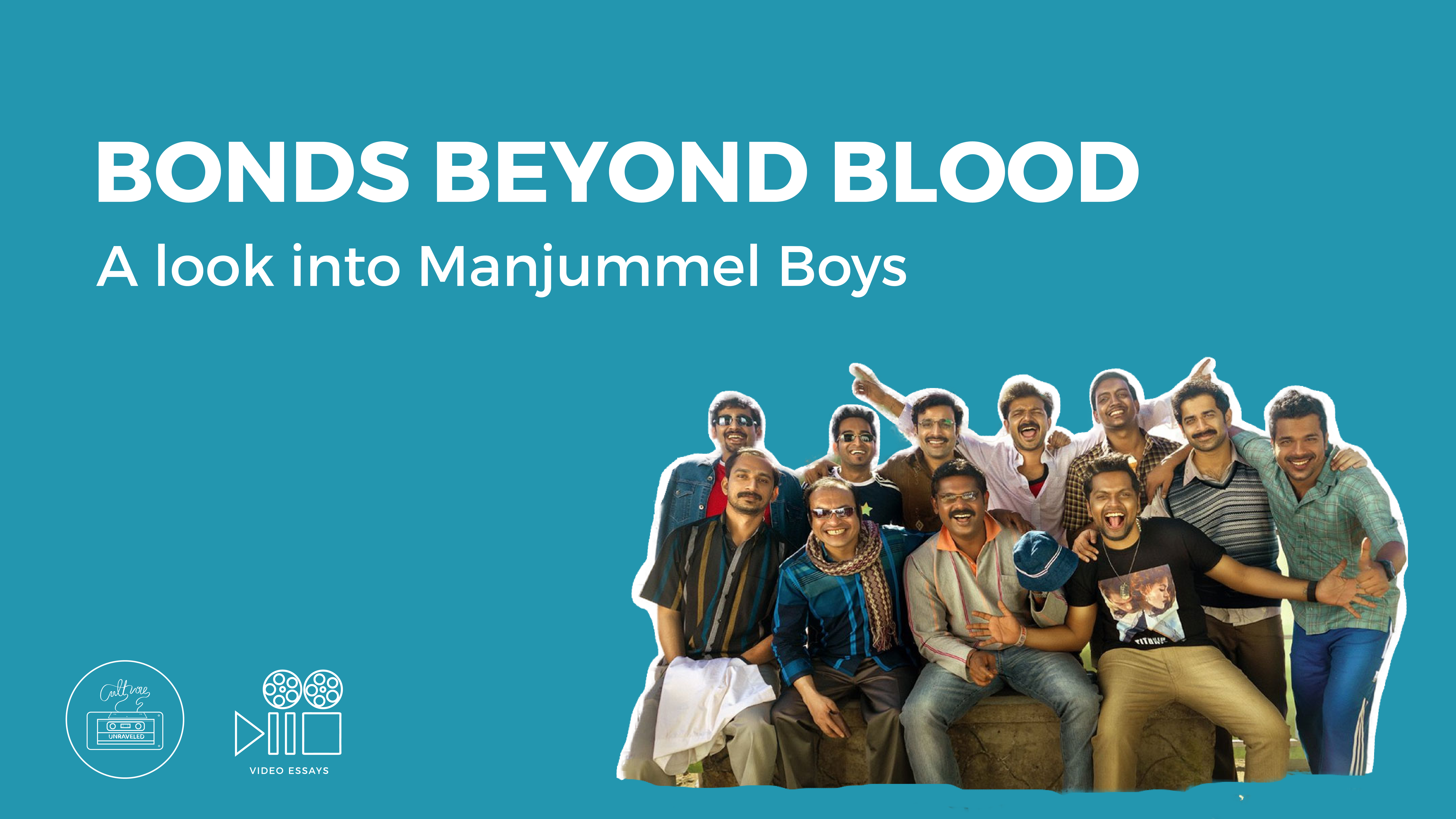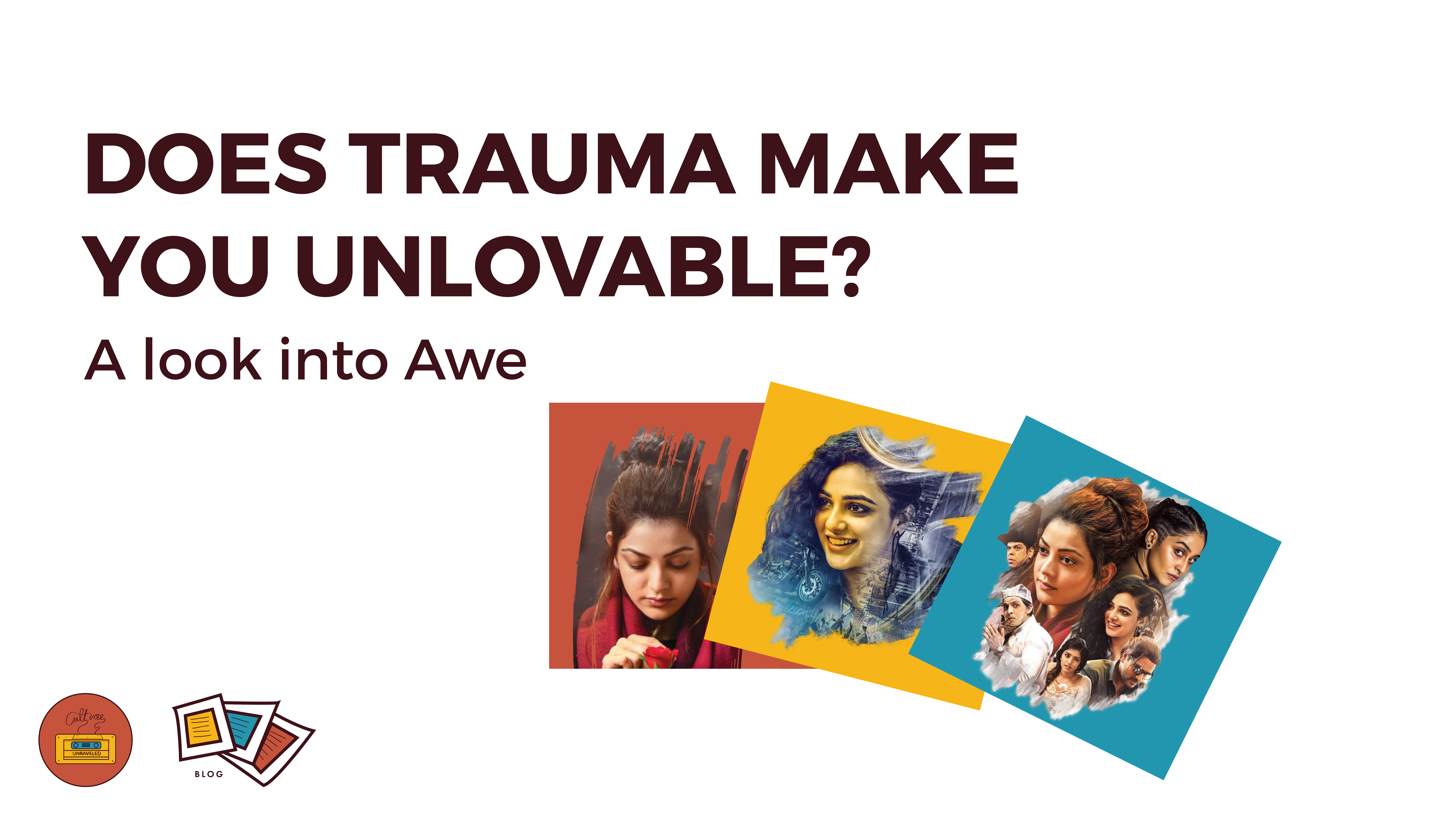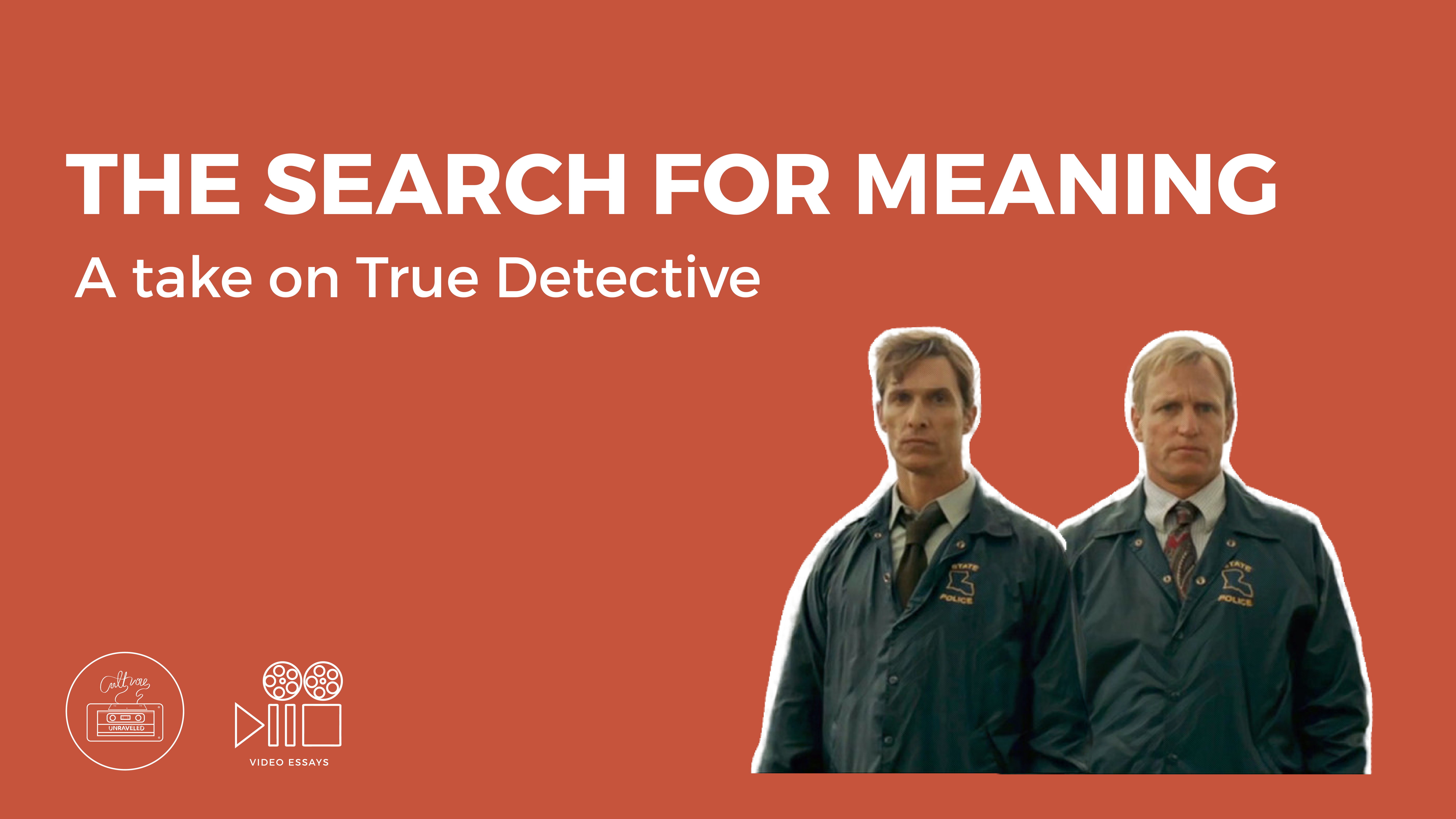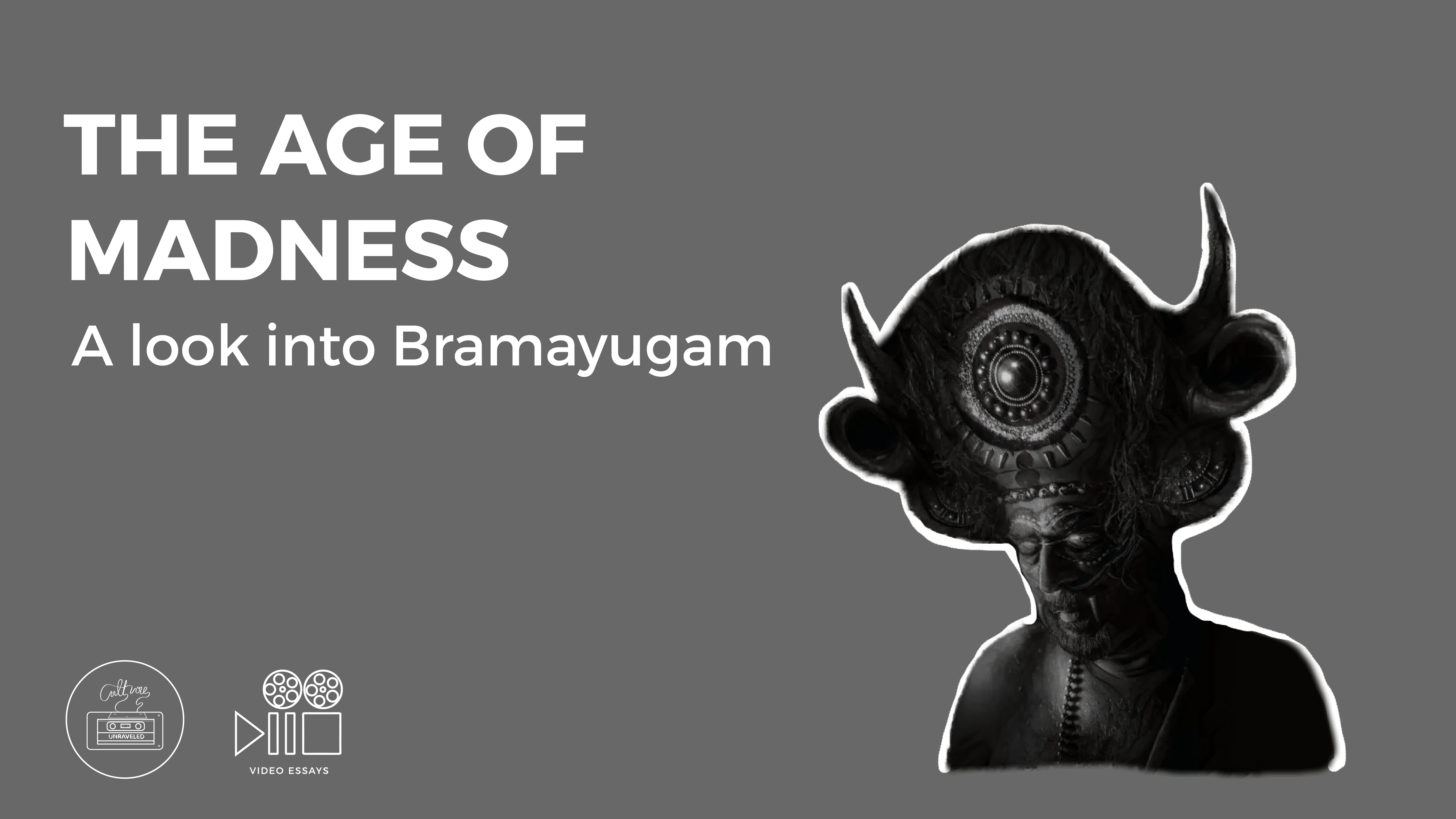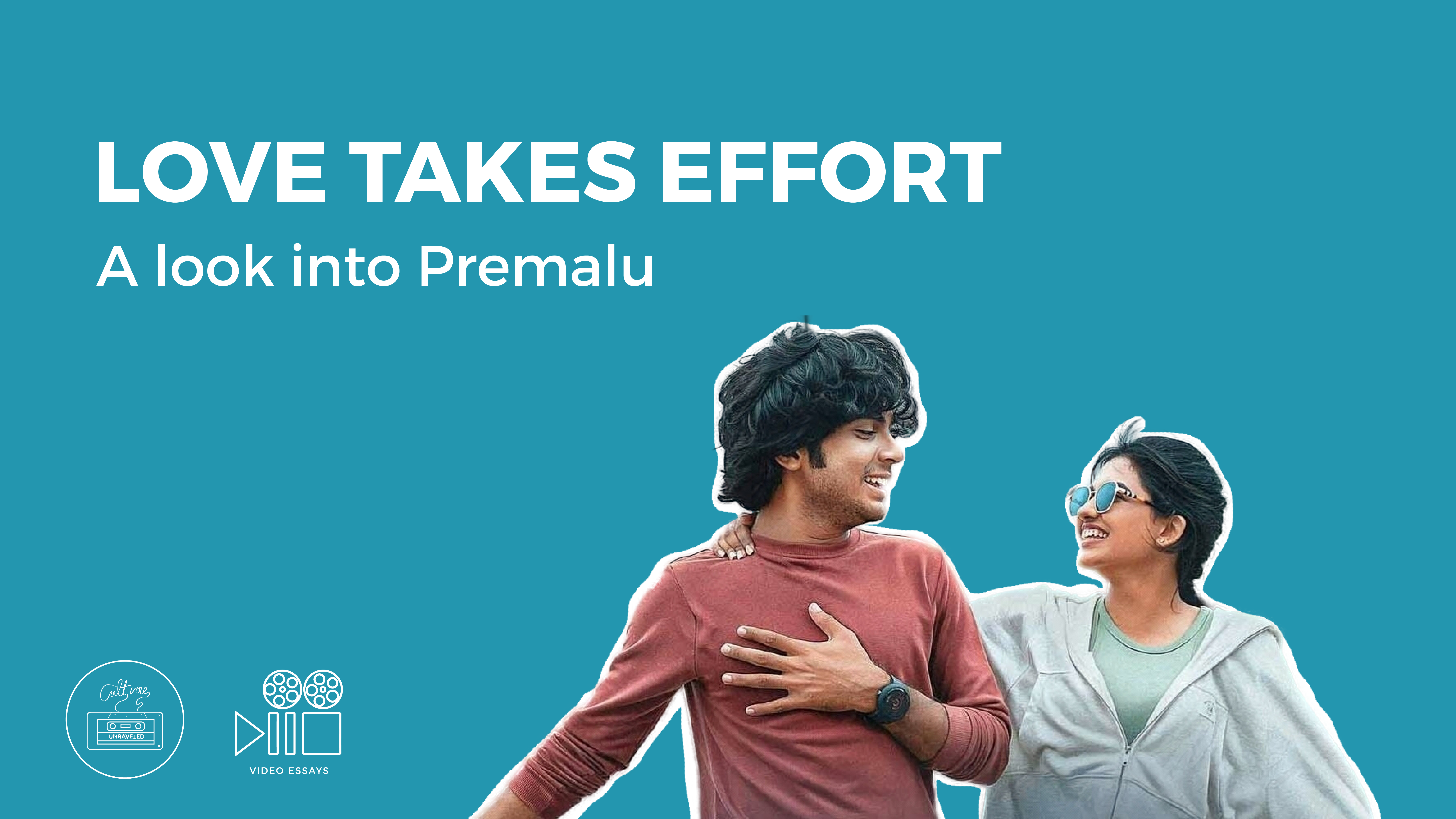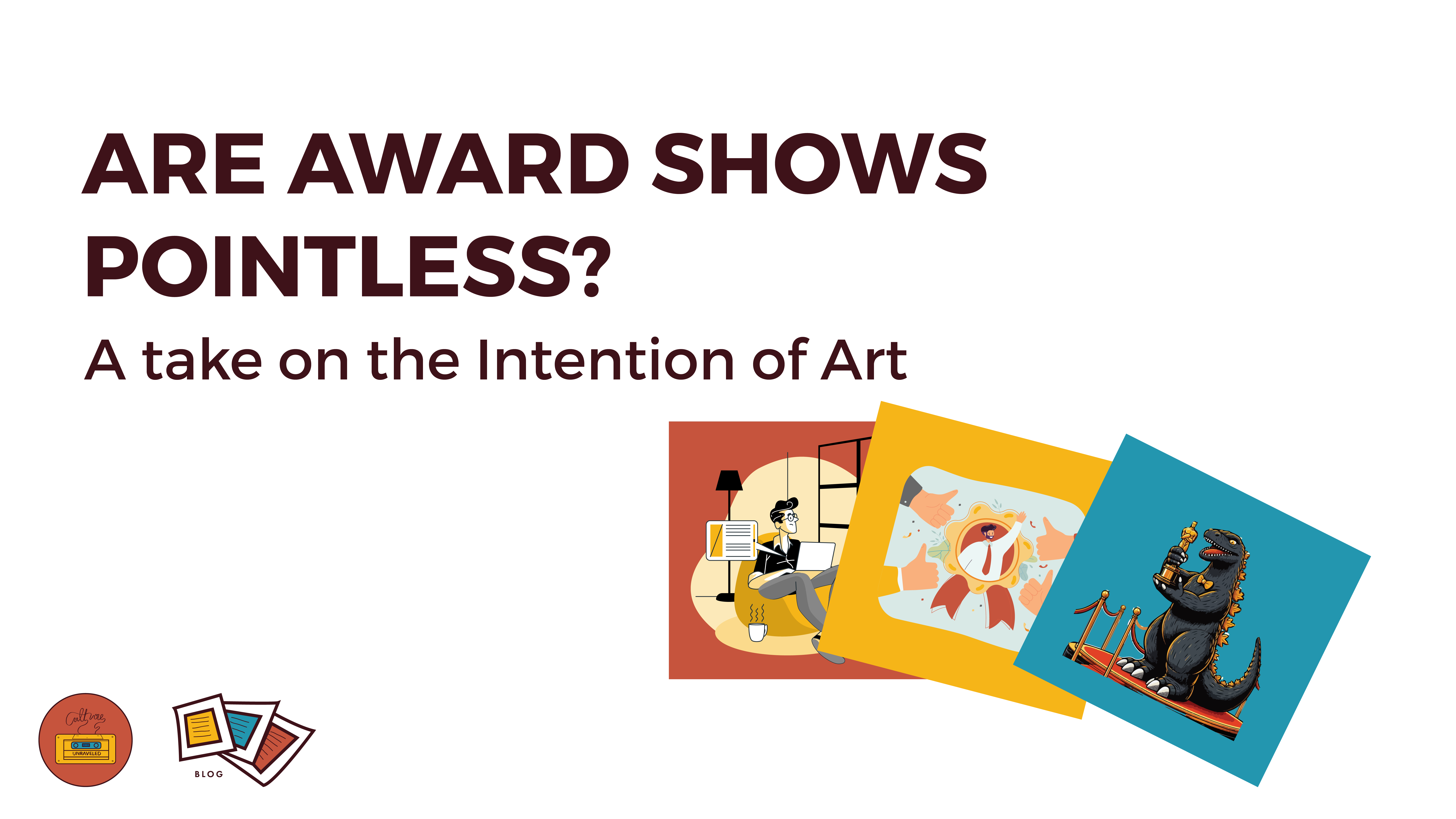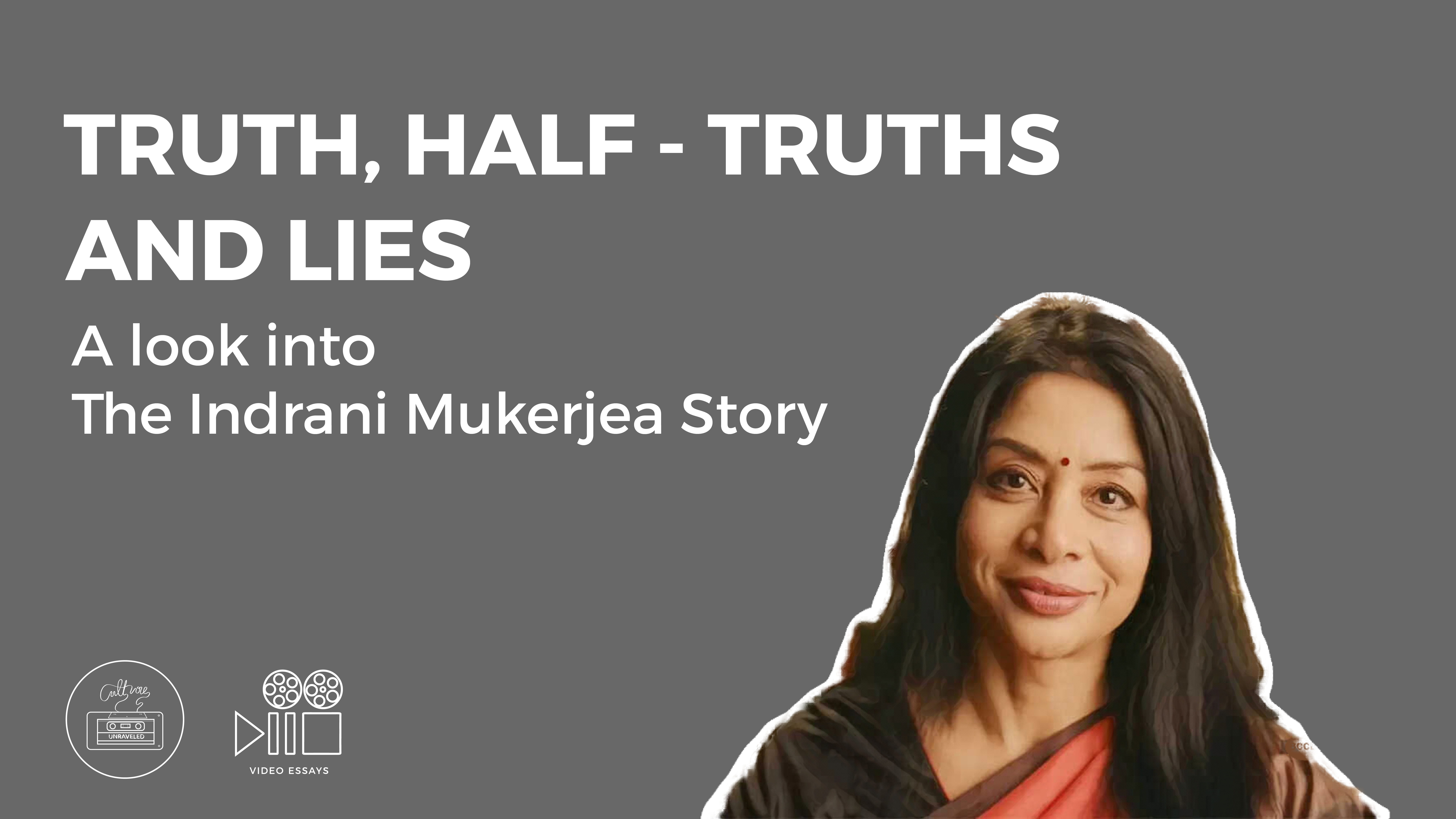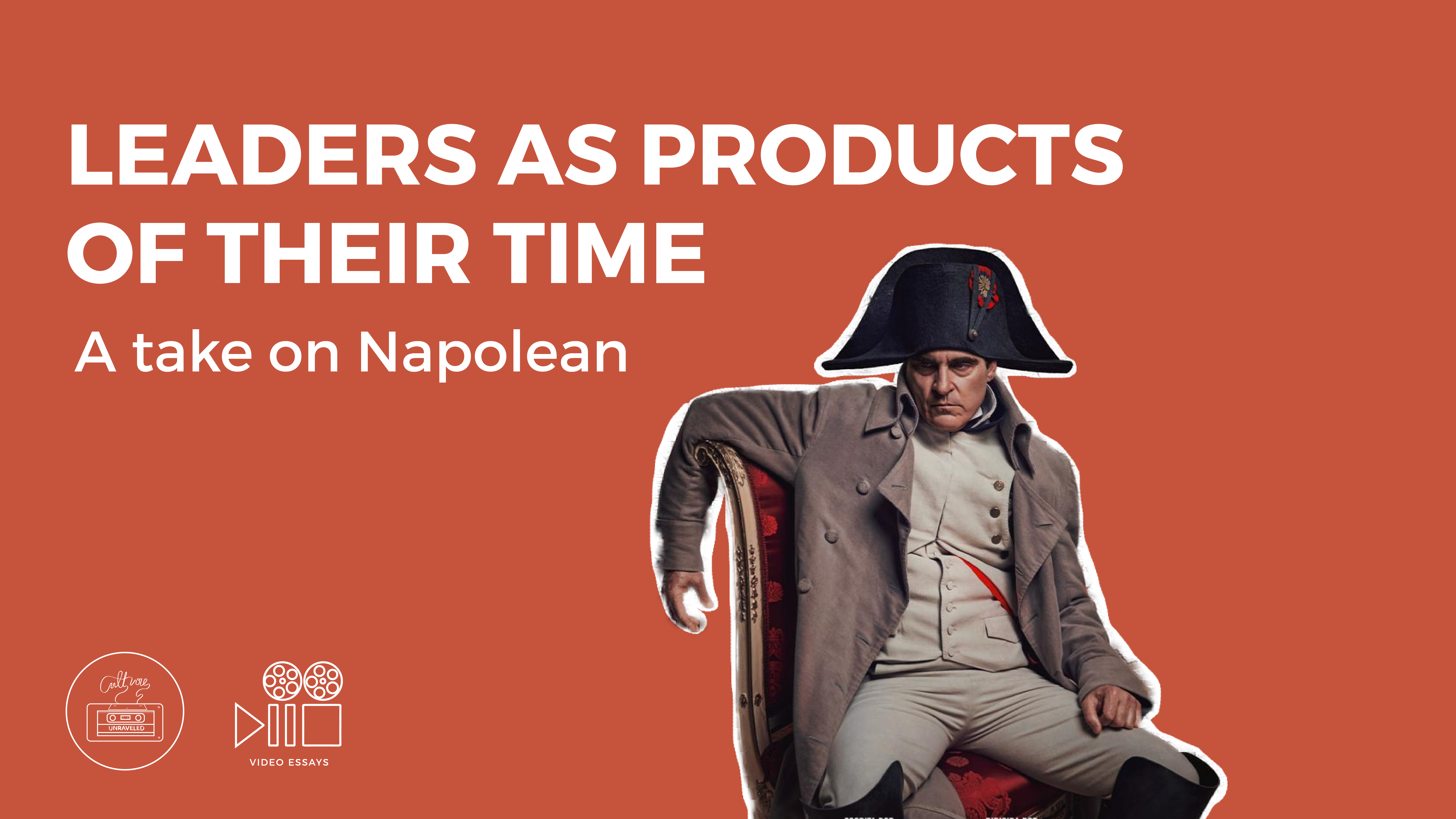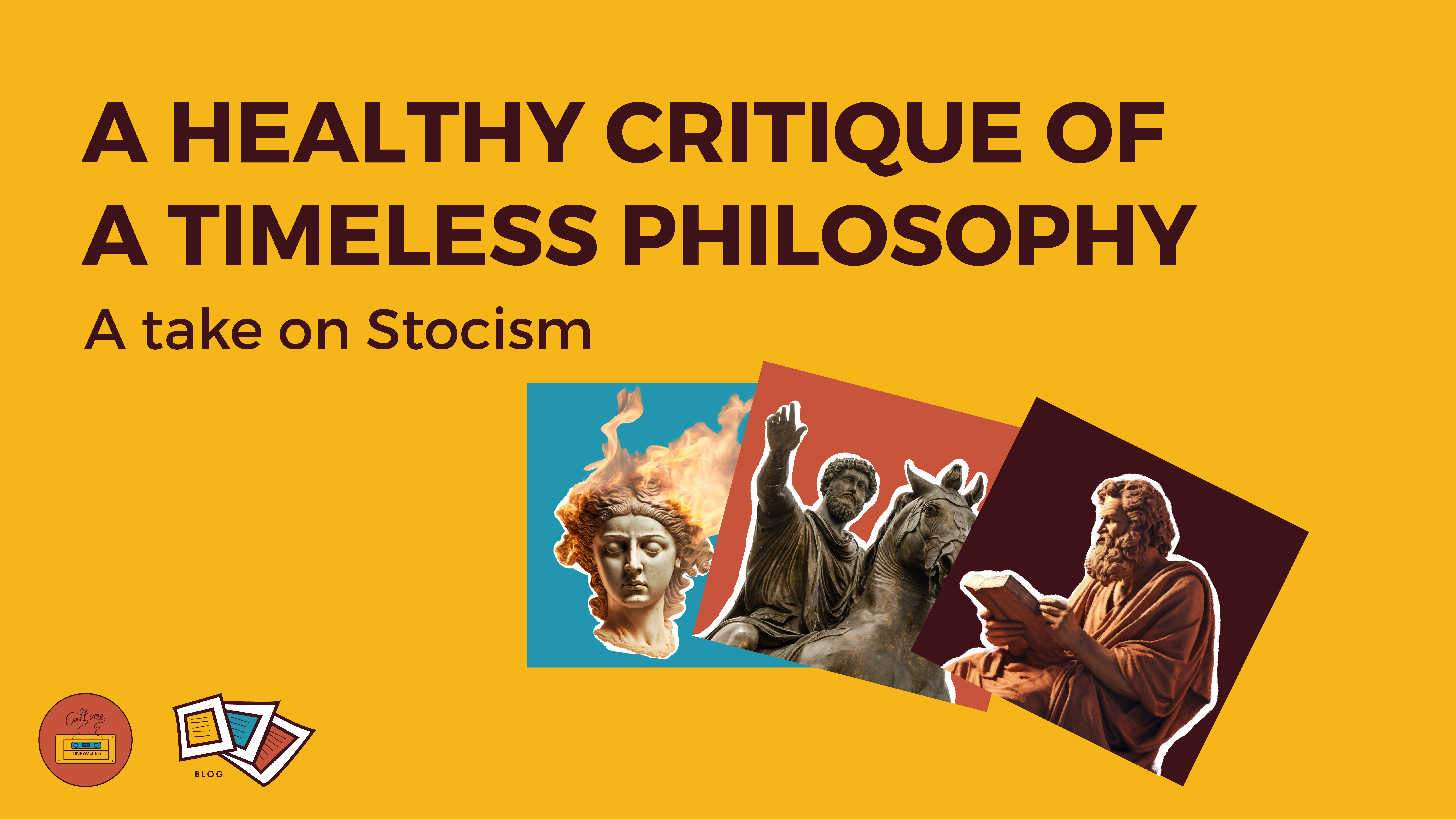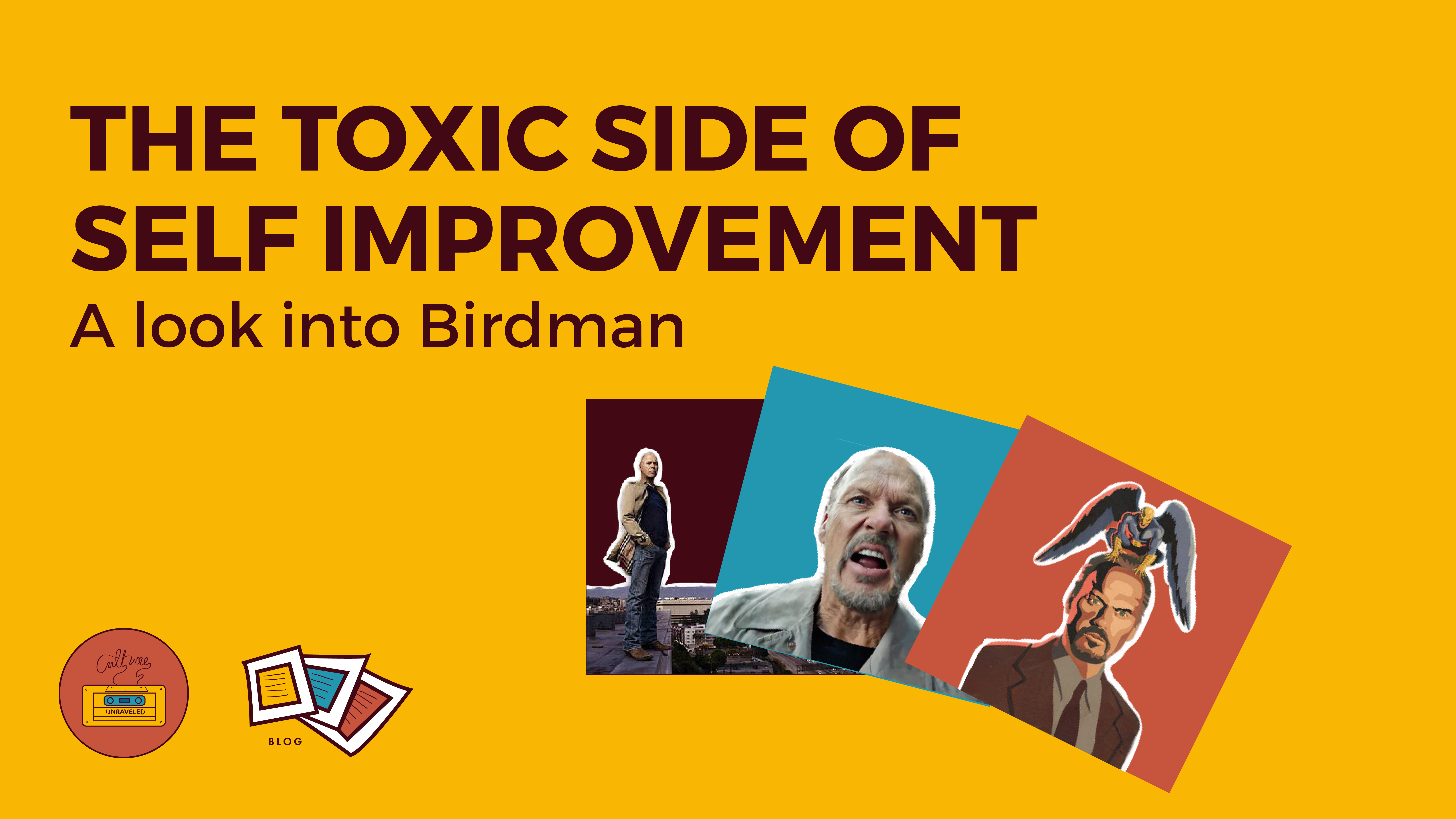
The desire and need for self improvement has been around forever, but in the past decade or so it has evolved into a phenomenon that has been widely commercialised and perhaps even oversaturated with countless approaches and iterations. Like most situations, the availability of varied perspectives and the input of multiple sources would be a positive, but that can often also lead to a sense of confusion and procrastination due to an overload of information, leaving people not knowing where to start or which source to trust.
In the Internet era, these factors are often at the root of why people delay changing and improving themselves, but another vital factor that maybe overlooked, is the intentions behind the desire for this change which could be the very thing that infuses people’s attitude towards it with such fear, inconsistency and lack of control.
In the pursuit of self-improvement, individuals often find themselves walking a tightrope between aspiration and self-destruction. The film “Birdman,” directed by Alejandro González Iñárritu, offers a compelling exploration of that toxic side of self-improvement.
The film follows Riggan Thomson, a faded Hollywood actor attempting to rejuvenate his career by staging a Broadway play. Riggan’s pursuit of self-improvement is driven by a desire for validation and relevance in an industry that thrives on success and recognition. The film highlights how this pursuit can create an illusion of greatness, blurring the lines between genuine growth and the inflated ego that accompanies it. As Riggan struggles to reclaim his sense of self-worth through the play, the toxic cycle of self-improvement begins to reveal its true colours
Riggan’s actions become increasingly erratic, reflecting his desperation to break free from the constraints of his past and attain a new level of greatness, but paradoxically, it is his self-destructive tendencies that serve as a coping mechanism, providing a temporary sense of control in a world that constantly undermines his self-worth and once he reaches what he thought his goal was, he’s as lost and broken as he was when he started out.
Riggan’s high standards and vision of a greater version of himself is something most of us can relate to, and if we are honest with ourselves his need for validation from the wrong places and his self-destructive behaviours are also things we can relate to. Now, these are things that most humans go through and deal with, so beating ourselves up over it isn’t productive or even healthy, but acknowledging that our intentions for change and improvement have less to do with us than we think, can empower us to reevaluate and transform our approach to self-improvement.
‘Birdman’ shows us that when you go down the road of external validation, unchecked intentions and superficial goals, even if you do get exactly what you want, you won’t be satisfied. So ask yourself, why do I want what I want? And is that the only reason I want it? And even if you do have the same goals and desires after you’ve reevaluated your intentions, your journey towards that goal will be much more fulfilling and meaningful, and your validation won’t come from the approval and adoration from others, but from the genuine respect and appreciation that you have for yourself.
_________________________________________
Written by Ben Joshua
Life Focus Society
Culture Unraveled is an initiative of Life Focus Society

